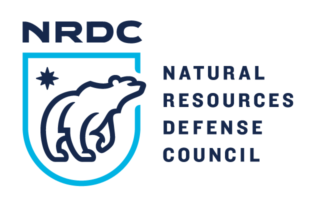USA
The Natural Resources Defense Council emerged on the back of a hard-fought legal battle to put a stop to a renewable energy project in the 1960s. The project in question was a proposed two-gigawatt hydroelectric power station at Storm King Mountain, New York, on the banks of the Hudson river. The litigants were a group of 12 activists, mostly lawyers and legal students, known as the Scenic Hudson Preservation Conference and the power company was Consolidated Edison. The latter lost.
From the perspective of the activists, the campaign to stop the power station confirmed the efficacy of litigation to achieve their ends. Hence in 1970 they formed the Natural Resources Defense Council (NRDC) to pursue future legal actions. NRDC’s website claims that it was America’s ‘first litigation-focused environmental NGO’. Ever since, NRDC has campaigned to either create new laws or to fight legal battles against proposed projects it dislikes.
According to NRDC’s website, its advocates helped to pass laws in New York and New Jersey that banned almost all ivory, mammoth, and rhino horn transactions, as well to increase the penalties for wildlife traffickers.
At CITES’ CoP-18, NRDC supported unsuccessful calls to list all elephants in appendix I and opposed proposals to reopen trade, however well regulated, in ivory. It also opposed all attempts to liberalise either trophy hunting or international trade in white rhinos. And it supported calls to list mako sharks in appendix II, against the advice of the CITES secretariat and the FAO Expert Advisory Panel for the assessment of proposals to amend CITES appendices.
Today, NRDC employs seven scientists at its Science Research Center and 32 litigation staff.
Leaders
Mitchell Bernard, President and Chief Counsel
Governance
Board of trustees chaired by Kathleen A. Welch.
Finances
According to Form 990, for the tax year ending June 2018, NRDC total revenue was USD181,821,968 and expenses were USD173,044,173, of which USD88,381,405 went on salaries and other employee related benefits.


